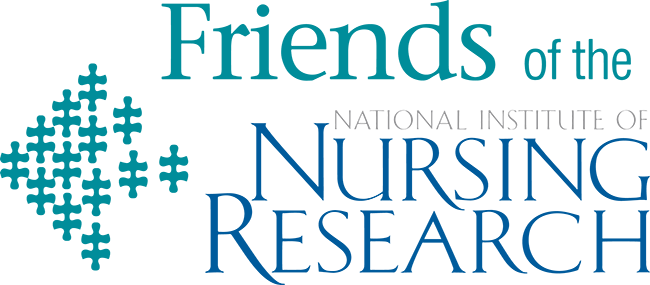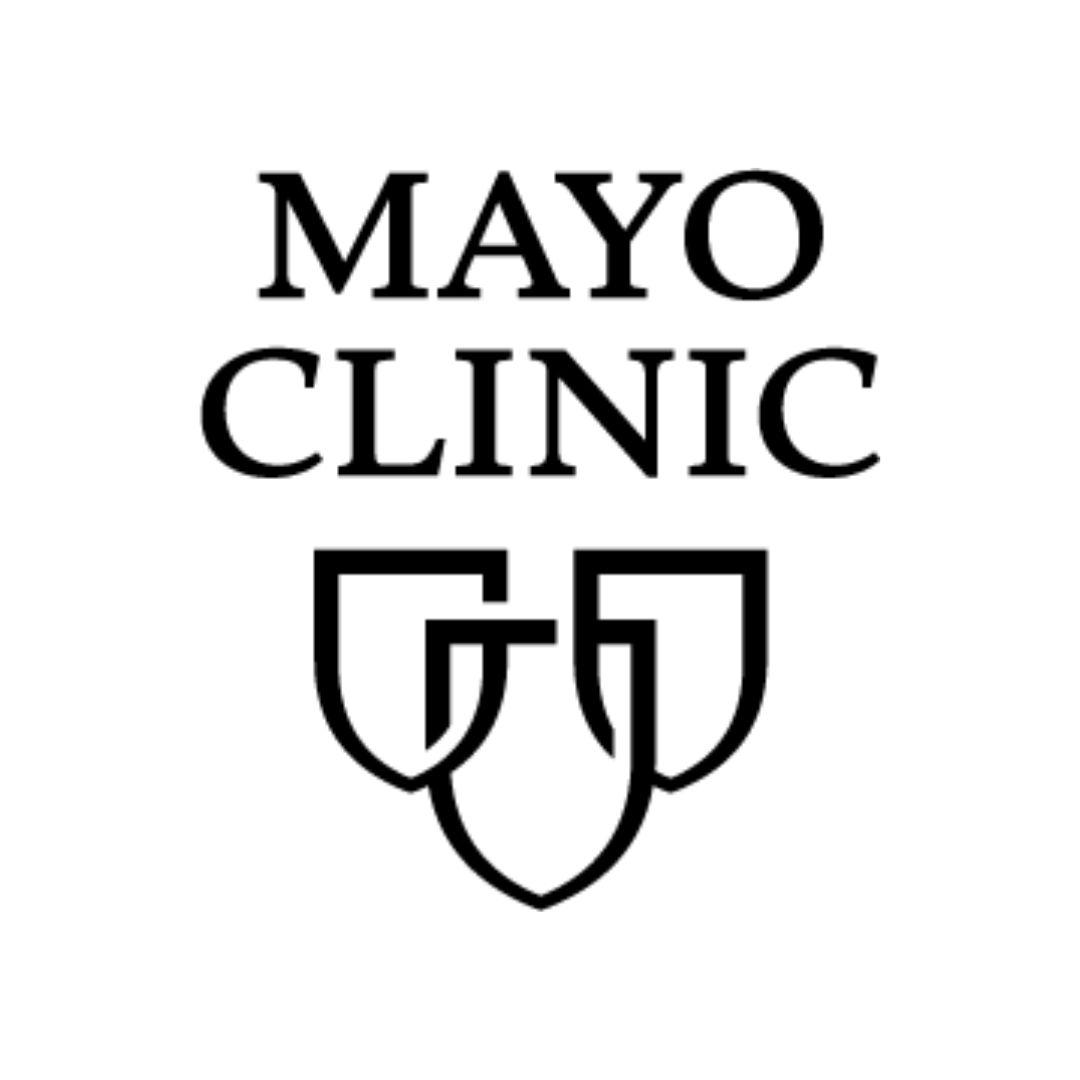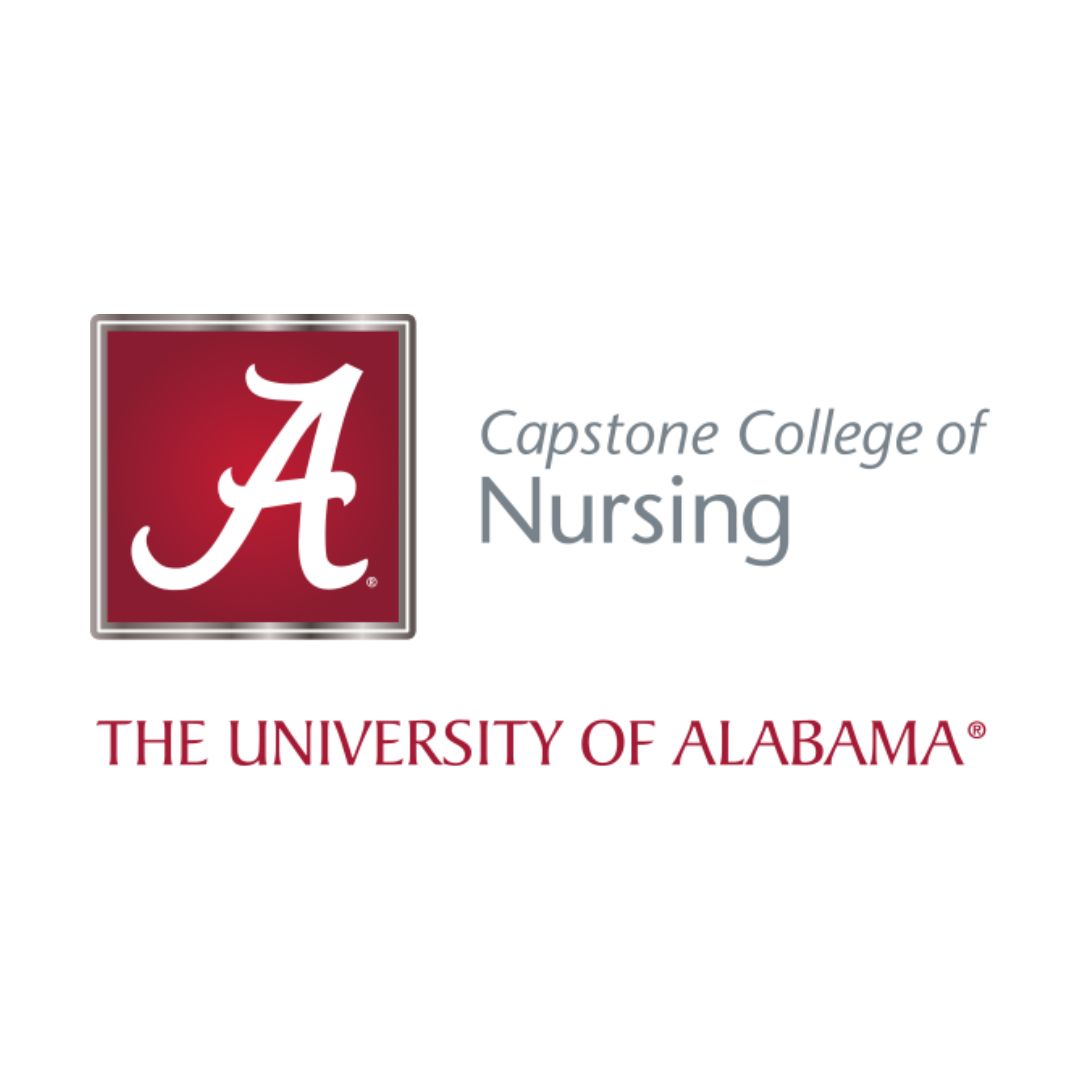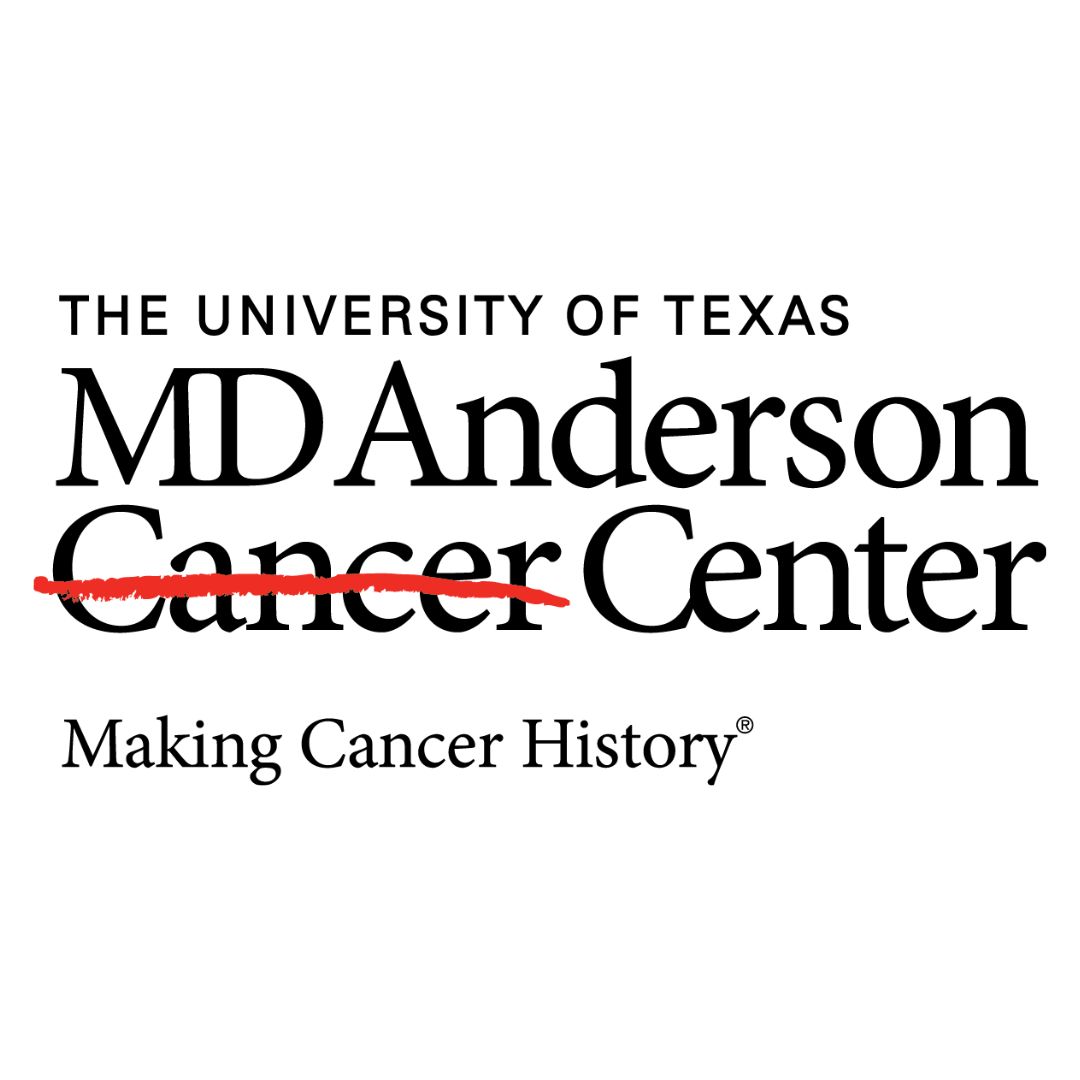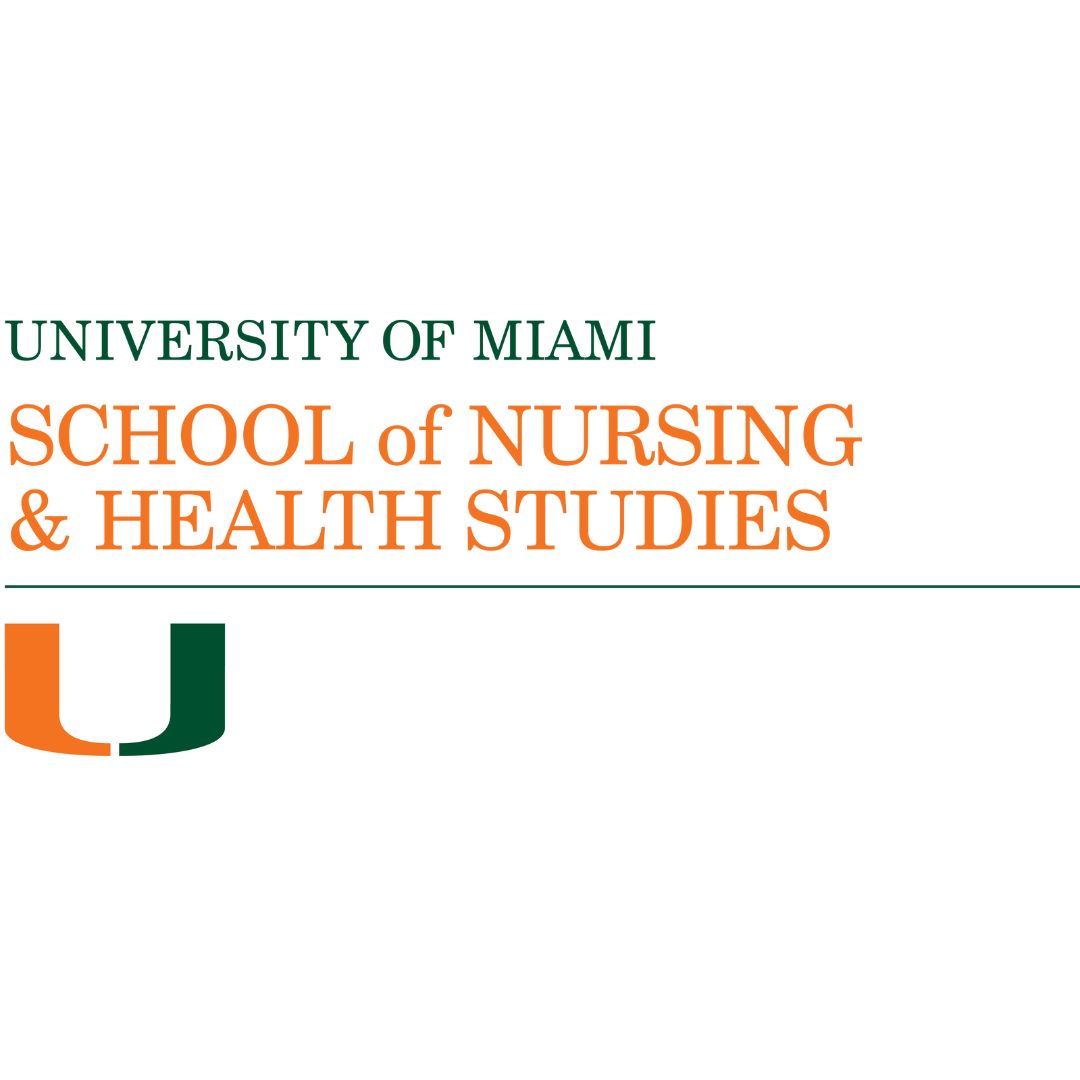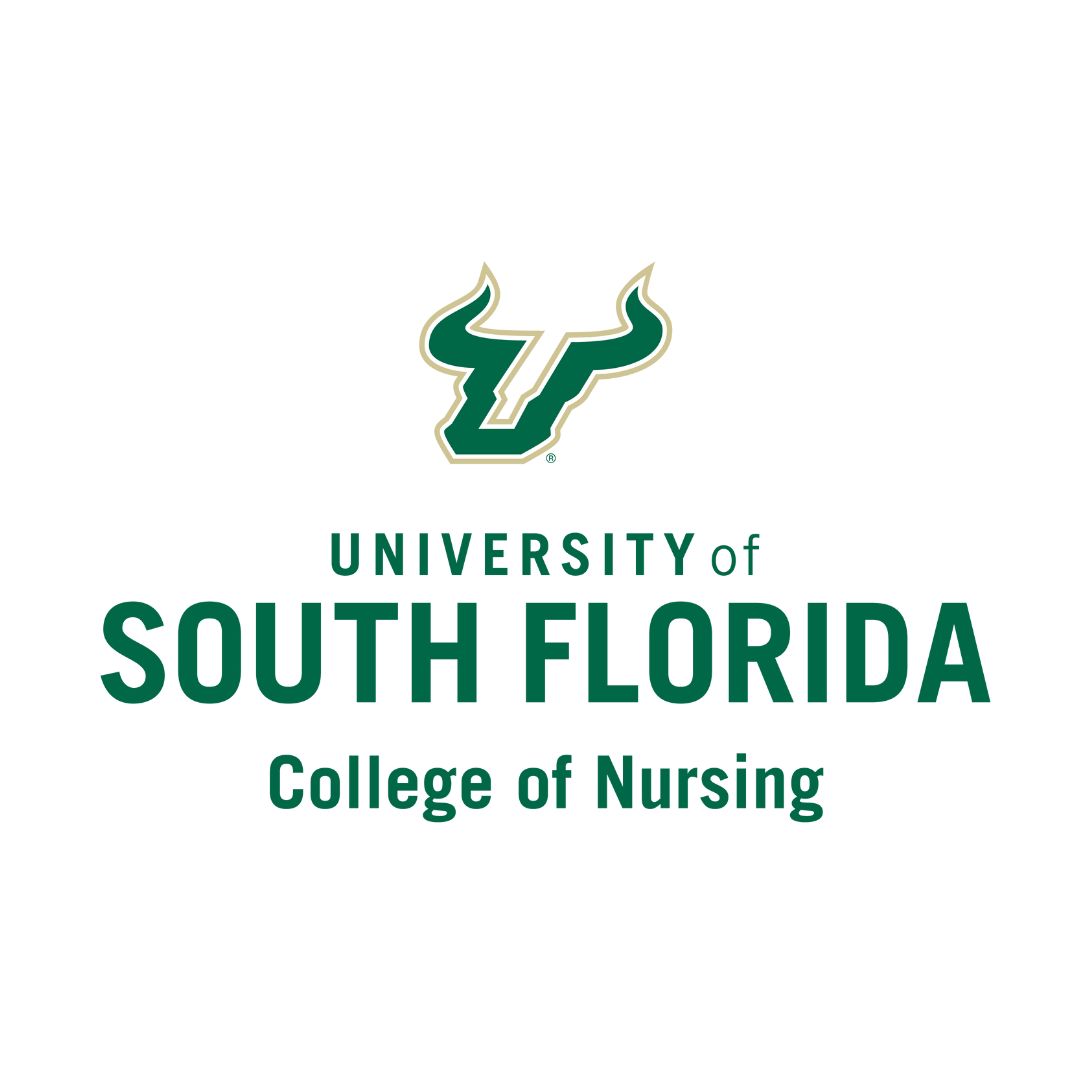Research!America recently released its annual report on U.S. Investments in Medical and Health Research and Development. A synopsis from Research!America is below:
The report shows that total spending on medical and health R&D in the U.S. over the six-year reporting period grew by 36%, outpacing the 27% growth seen in total health spending (which predominantly consists of health care spending). Yet R&D spending is still a small fraction of overall health spending in the U.S.: only five cents of every health dollar in this country is spent on medical and health R&D. In 2018 specifically, only $194 billion was spent on this form of R&D, while total health spending was nearly $3.8 trillion. When examining which sectors invest the most in this research, industry led in 2018 spending 67% ($129 billion) of total U.S. medical and health R&D expenditures. The federal government followed at 22% or $43 billion, academic and research institutions invested 8% or $16 billion, foundations, voluntary health associations, and professional societies invested 2% or $3.8 billion, and finally state and local governments invested 1% or $2 billion. The report also breaks these entities down further and examines annual spending by subsectors and the percent growth of those expenditures over the six-year reporting period.
Despite the wide range of sectors that invest in medical and health R&D in this country, R&D is simply not keeping pace with the burden of disease.The report details that in the U.S. alone, almost 130,000 people die by the age 45 due to health threats that could one day be prevented or treated with the help of research. Furthermore, while the U.S. invested $194 billion dollars in medical and health R&D in 2018, chronic disease costs surpassed $1.1 trillion in the same year. When examining federal government expenditures, the report also shows that federal medical and health R&D spending consisted of only 1% of the federal budget in 2018, while national defense represented about 14%. But while the report makes clear there is room for improvement, it also explains, “It is not a matter of potential – across every sector described in this report, the talent and commitment exists to exponentially increase medical and public health progress. It is a matter of will.”
